Nature reports
Publisher: Dutch Caribbean Nature Alliance (DCNA)
Page 5 of 11 - 102 Results
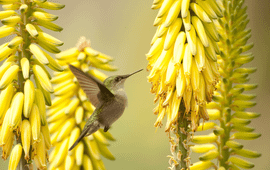
A new DCNA project 'Monitoring for Bird Biodiversity Conservation in the Dutch Caribbean' has officially been launched. Through combining enhanced training, field surveys and the use of a standardized monitoring programme, local..
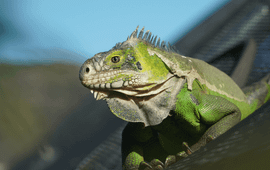
In October, the Dutch government will officially propose to upgrade the Lesser Antillean Iguana from Annex III to Annex II of the Protocol Concerning Specially Protected Areas and Wildlife (SPAW) during the next Conference of the..
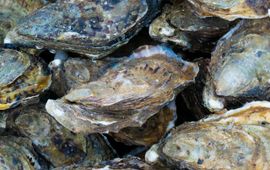
A new study led by Wageningen University and Research investigates the swimming and settlement behavior of coral and oyster larvae. Understanding what factors facilitate larvae settlement will guide future conservation efforts to..
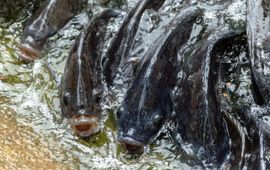
Tilapia, a freshwater fish originally from Africa, introduced to the islands of Aruba, Curacao and St. Maarten, has managed to rapidly reproduce and dominate the local fresh and brackish water habitats on the islands. These fish..
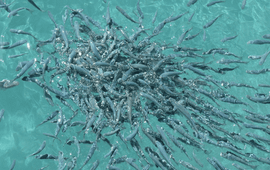
Many divers have promoted feeding the lionfish to eels and sharks in the Dutch Caribbean as a way to entice these species to start hunting for these invasive fish independently. Unfortunately, training these predatory fish to..
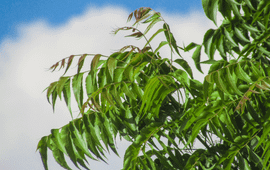
The neem tree is an invasive species that was introduced to the Caribbean in the early 1900s. Originally from India, this tree was brought over for its medicinal, pesticidal and ornamental properties. Locals soon realized this..
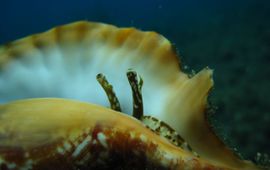
Queen conches are facing immense pressure leading to a dramatic decrease in their populations. Luckily, a new project, started at the Curaçao Sea Aquarium in 2020, will explore ways to reduce mortality rates and develop new..
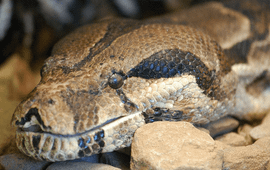
Likely introduced via the exotic pet industry, boa constrictors have had an island-wide population on Aruba since 2005. The impact of boa constrictors on Aruba has led to the implementation of control measures, including removal..
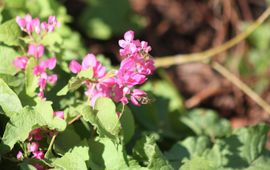
Coralita is an ornamental plant that was introduced to several Caribbean islands and has quickly found its way to the top of the invasive species lists for the Dutch Caribbean. Its fast-growing vines smother and outcompete native..
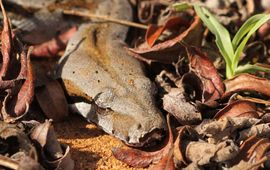
More than 210 invasive alien species have been documented wild in the in the Dutch Caribbean. These species can have major ecological effects by decimating native flora or fauna. They can also cause large economic losses and..
